“The Lion Sleeps Tonight” is one of the most recognizable songs in modern music history. It was a No. 1 hit in the early 1960s and later became a staple of oldies radio stations nationwide. A younger generation discovered the song when it appeared in The Lion King in 1994. It also appeared in the animated classic’s sequels and the eventual remake. Many don’t realize the upbeat track has a heartbreaking backstory.
Videos by American Songwriter
Long before the song was called “The Lion Sleeps Tonight” or became a staple of Disney song compilations, it was called “Mbube” (pronounced EEM-boo-beh), which means lion in the Zulu language. South African singer/songwriter Solomon Linda and his group, the Original Evening Birds, recorded “Mbube” in 1939. It was the first African record to sell more than 100,000 copies, according to Performing Songwriter. The song became popular across South Africa and made its way to Europe, distributed by the Gallo record label.
[RELATED: 3 Major Musicians Who Have Worked on Disney Soundtracks]
“Mbube” Becomes “The Lion Sleeps Tonight”
More than a decade after the song’s initial release, Gallo shipped the song to Decca Records in the United States, hoping to spread the song to a new audience. However, Decca wasn’t interested. Folk historian Alan Lomax, on the other hand, was. Pete Seeger found the song through Lomax and recorded a version with his group, The Weavers, as “Wimoweh,” according to Songfacts.
In 1961, The Tokens used “Wimoweh” to audition for producers Hugo Peretti and Luigi Creatore. The group’s performance impressed the producers. However, they decided the song needed new lyrics. So, they enlisted George Weiss to help them flesh it out. Thus, “The Lion Sleeps Tonight” was born. It became a No. 1 single for The Tokens.
The song remained popular, appeared in blockbuster movies, and made millions of dollars. However, Linda saw almost no money from the success of the song he introduced to the world.
The Dark Side of “The Lion Sleeps Tonight”
Solomon Linda sold the copyright for “Mbube” to Gallo Studios for ten shillings. That’s less than a dollar in modern currency. The label also gave Linda a job cleaning and serving tea. Even if he had retained the song’s copyright, most of the high-profile covers of “The Lion Sleeps Tonight” and “Mbube” omitted his name from the writing credits.
According to the Performing Songwriter feature, Linda should have received royalties for both iterations of the song because they both contained his melody and concept. He should have been a wealthy man. However, he only received partial royalties for “Wimoweh” and nothing for “The Lion Sleeps Tonight.”
Two of Linda’s eight children died of malnutrition because the family couldn’t afford to buy food. When Linda died in 1982, he had approximately $22 to his name. Linda’s daughter, Adelaide, died of AIDS in 2001 because she was unable to afford medication.
When “The Lion Sleeps Tonight” had a resurgence due to its use in The Lion King, it made millions of dollars. Linda’s estate received less than $20,000.
The story of “Mbube” does have a somewhat happy ending. South African journalist Rian Malan wrote an in-depth piece on Linda and the song that brought widespread attention to the songwriter’s work and family. Two years later, Francois Versler released the documentary A Lion’s Tail, which traced the history of the hit song. These deep dives into the story attracted lawyers to Linda’s family.
After a long court battle, Linda’s family was awarded royalties going back to 1987.
Featured Image by The Legacy Collection/THA/Shutterstock

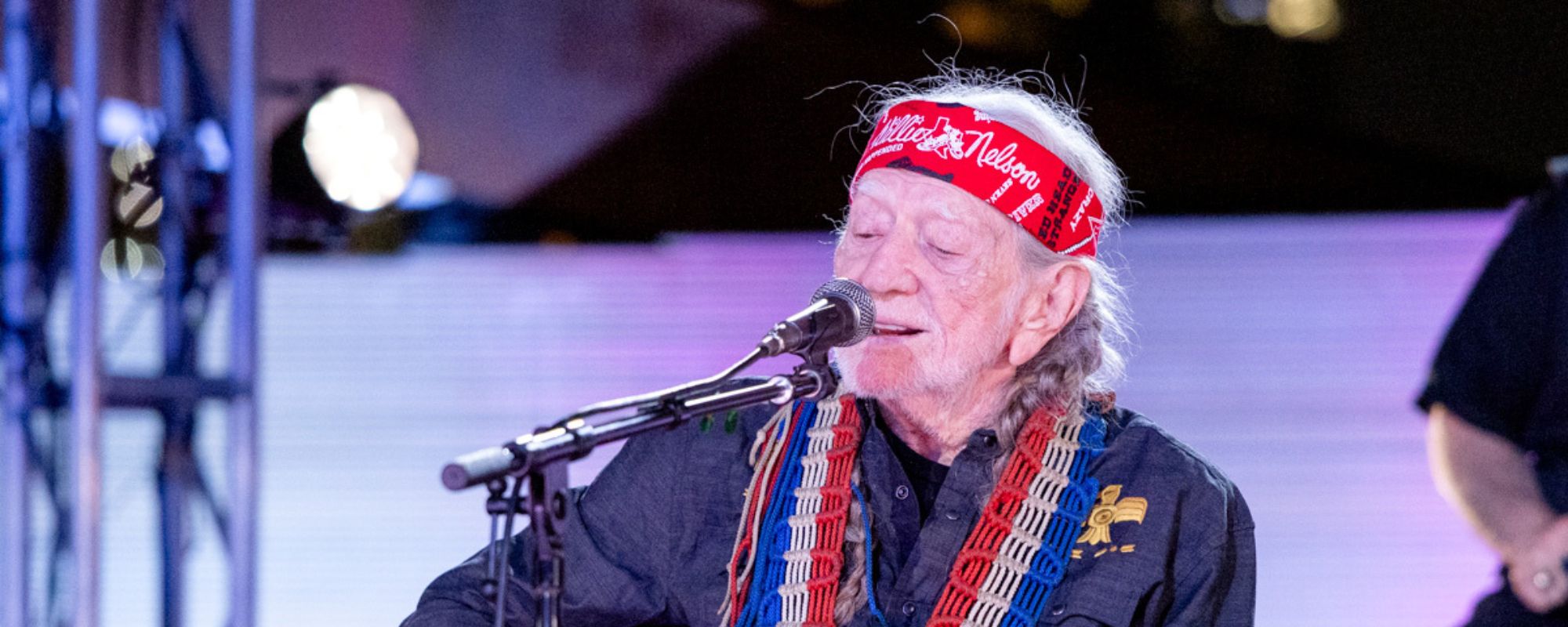

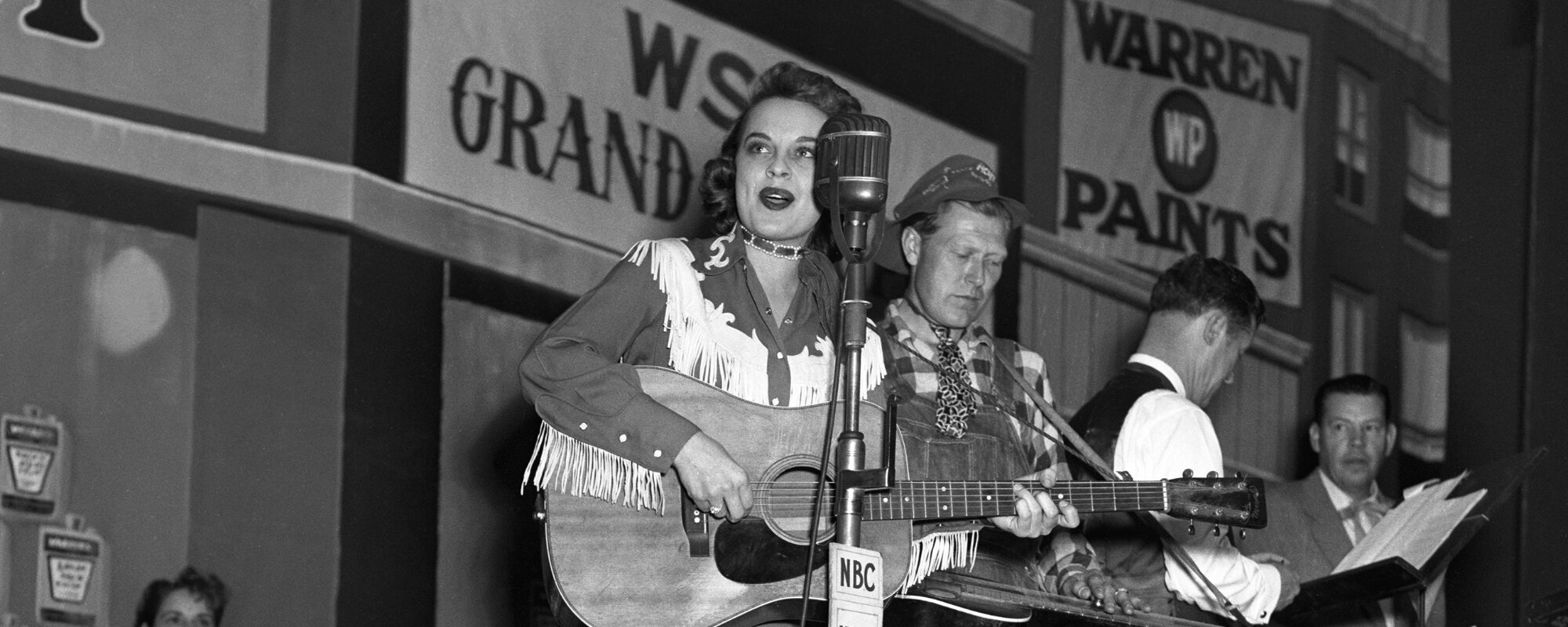
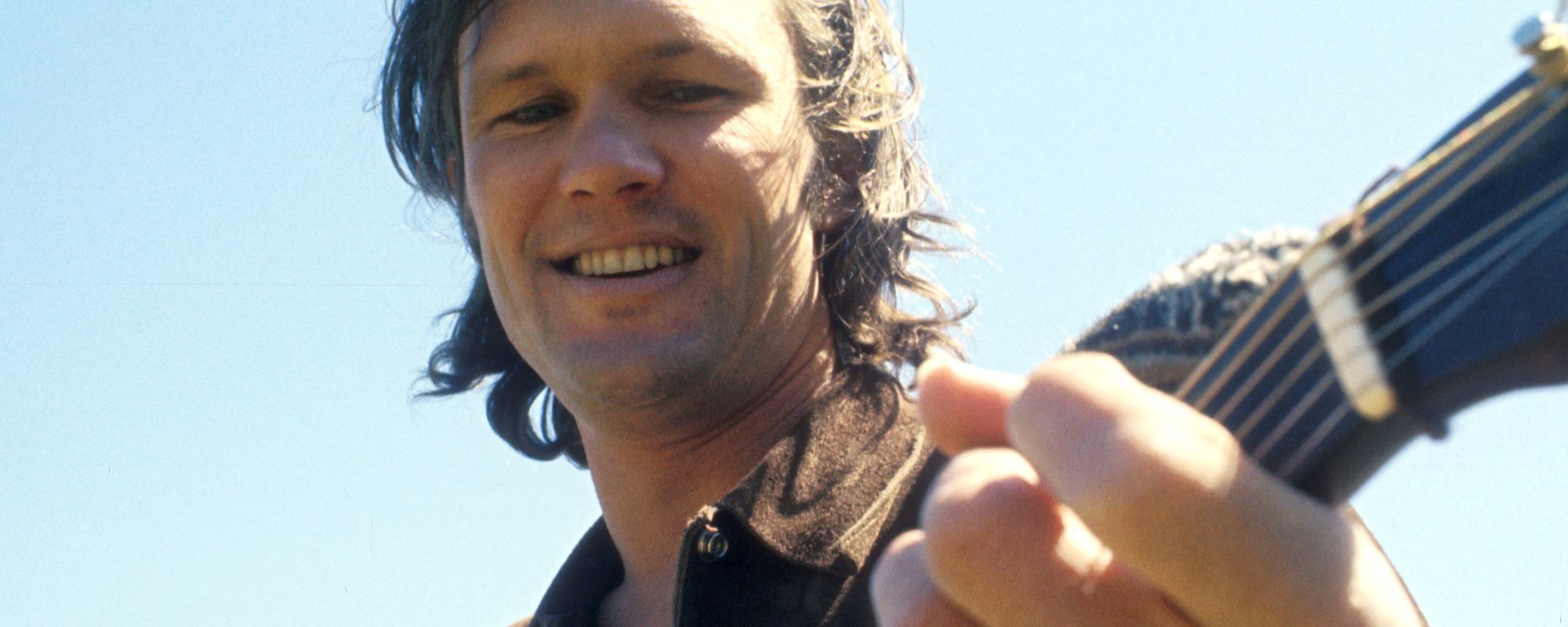
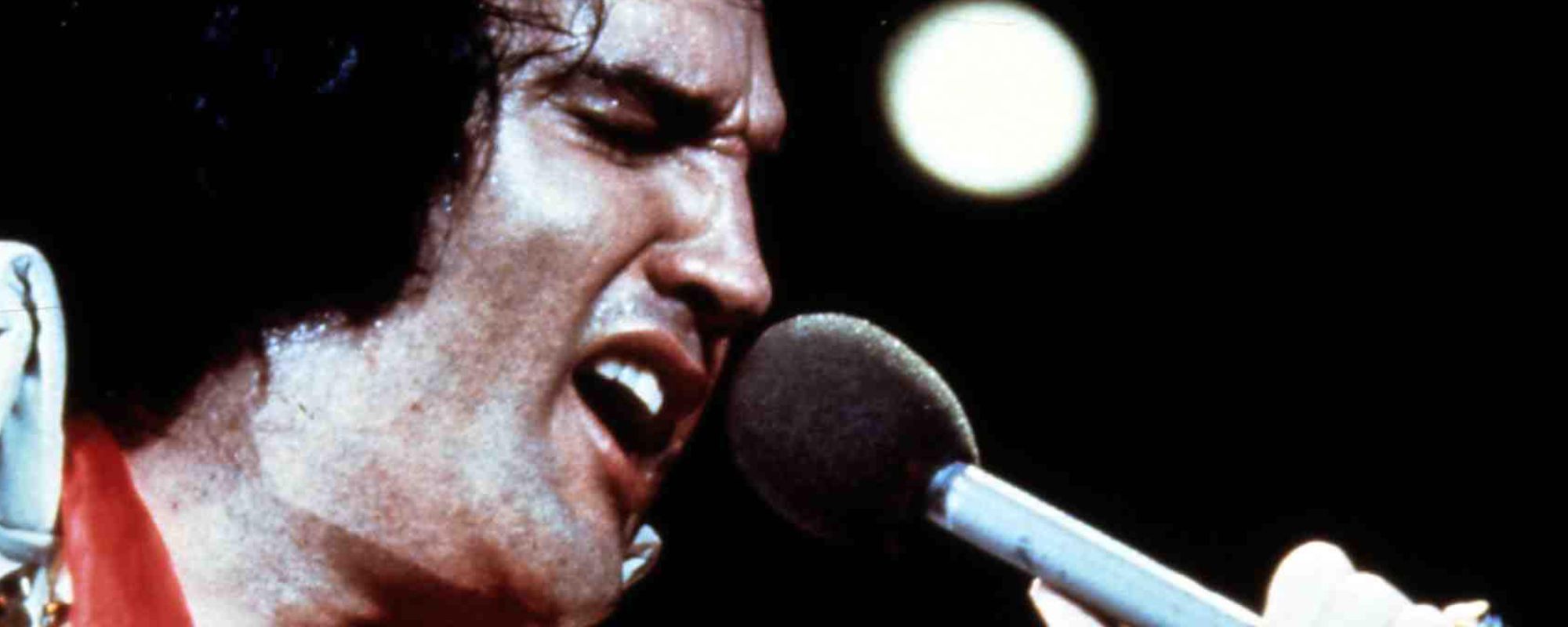
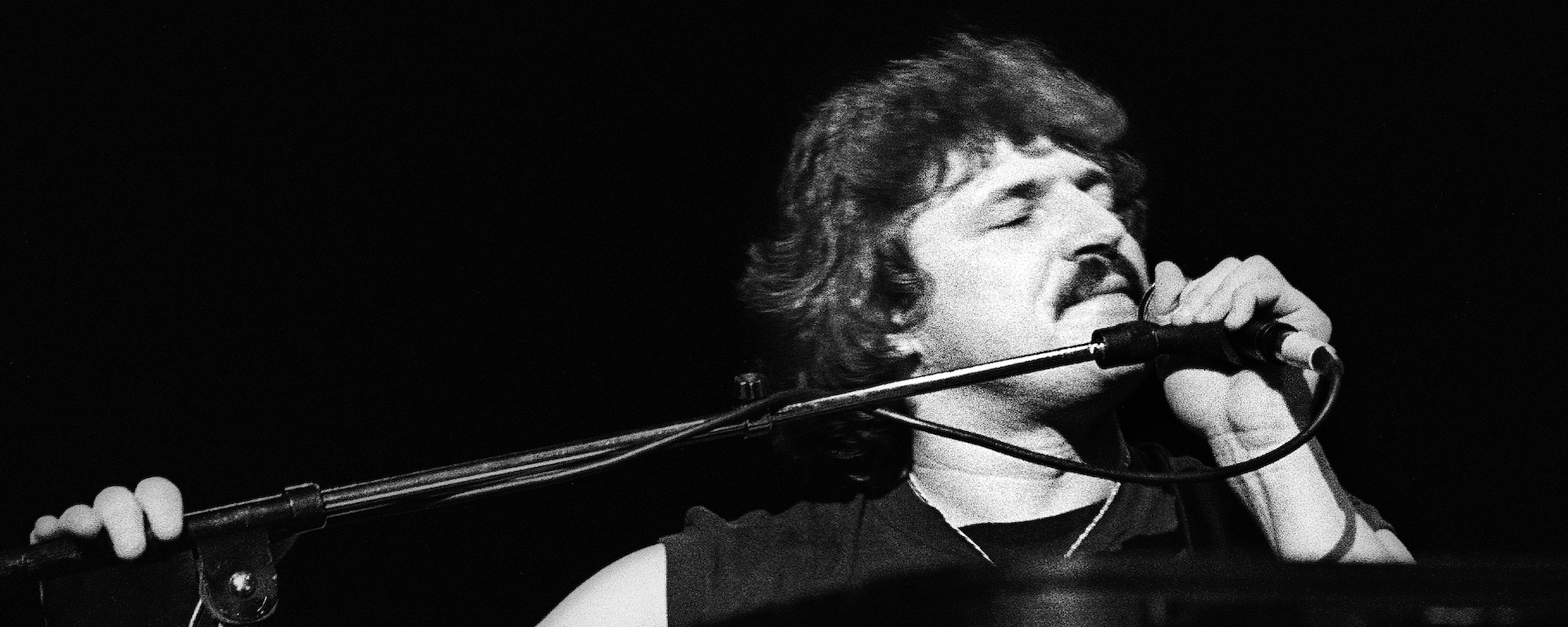






Leave a Reply
Only members can comment. Become a member. Already a member? Log in.